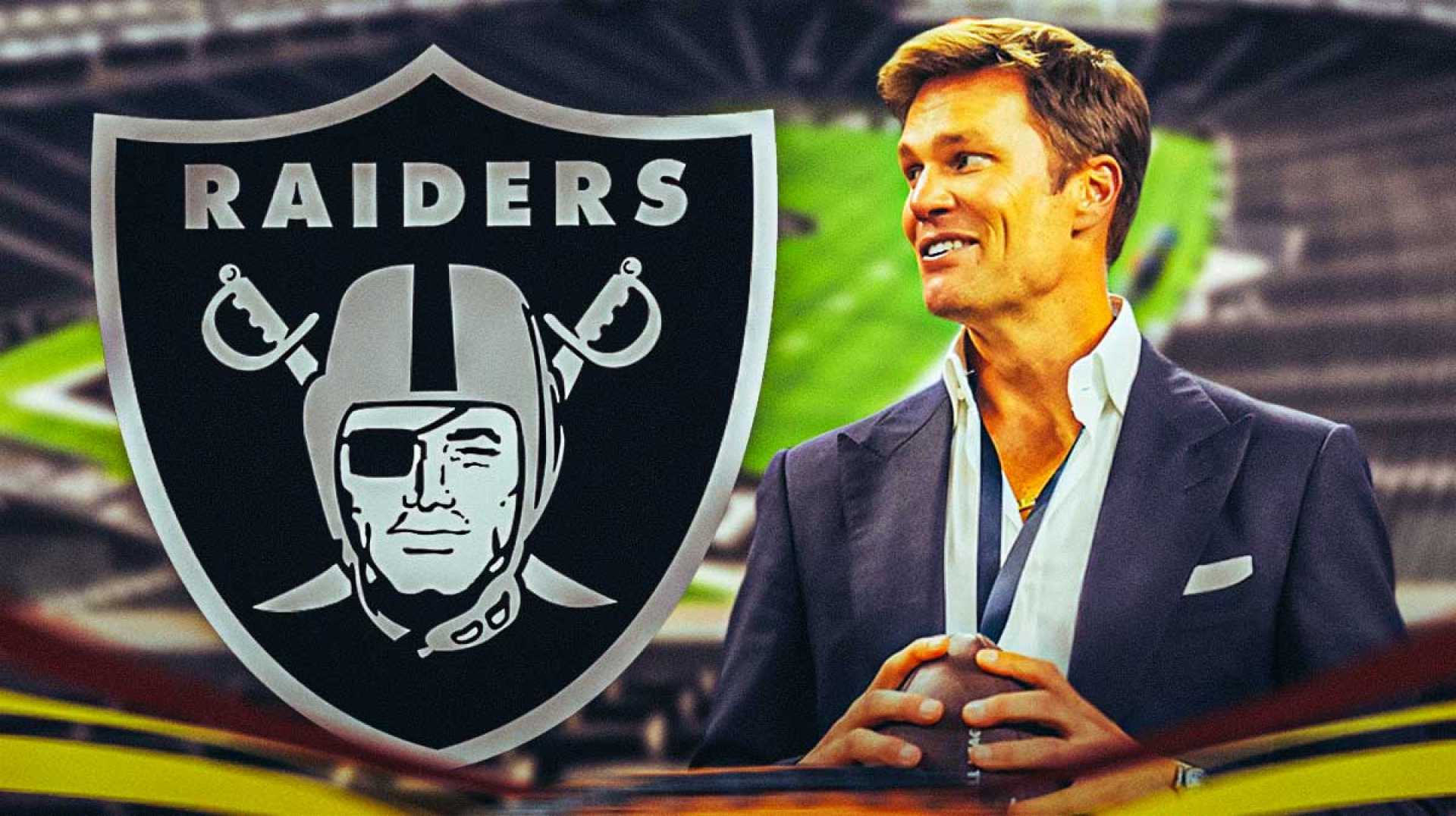Sports
Tom Brady’s Bid for Raiders Ownership Awaits NFL Approval

In a significant move within the National Football League (NFL), former quarterback Tom Brady is seeking to transition from being a celebrated player to becoming a minority owner of the Las Vegas Raiders. According to Sports Business Journal‘s Ben Fischer, Brady’s proposal will be a central topic at the upcoming NFL Fall League Meeting, slated for October 15, 2024, in Atlanta.
Brady’s prospective partnership with businessman Tom Wagner involves purchasing approximately 10 percent of the Raiders from current team owner Mark Davis. The two parties came to an agreement in May 2023, but the deal still requires approval from the league’s board of owners. If discussions progress favorably, a vote by the NFL’s 32 owners could follow, where Brady would need the endorsement of at least 24 owners to secure his stake.
There are, however, obstacles to be considered. Notably, the NFL has imposed substantial restrictions on Brady’s interactions with other teams. Until the ownership matter is resolved, Brady, who serves as a Fox analyst, is barred from accessing other teams’ facilities, attending practices, and participating in broadcast production meetings with coaches and players.
Brady’s potential ownership also involves strict compliance with NFL policies. Per the rules, he would be prohibited from publicly criticizing officials and other teams, with potential penalties such as fines or suspensions. The regulations also encompass the league’s gambling and anti-tampering policies. Moreover, Brady’s communication with other team members would need to remain purely social.
The financial aspects of Brady’s offer have reportedly been upgraded following initial reservations by the NFL’s financial committee regarding the discount Davis was allegedly offering. If the ownership bid does not gain approval at the upcoming meeting, the next opportunity would be during the NFL Special League Meeting from December 10-11 in Irving, Texas.
This development highlights a broader trend seen in contemporary sports, where high-profile athletes have transitioned into ownership roles, leveraging their fame and resources. Nevertheless, the dual role of a team owner and a sports analyst would prompt considerations regarding potential conflicts of interest, which may influence the voting process.












